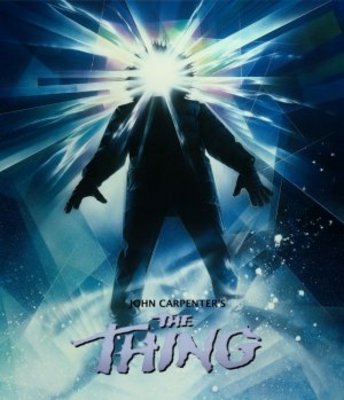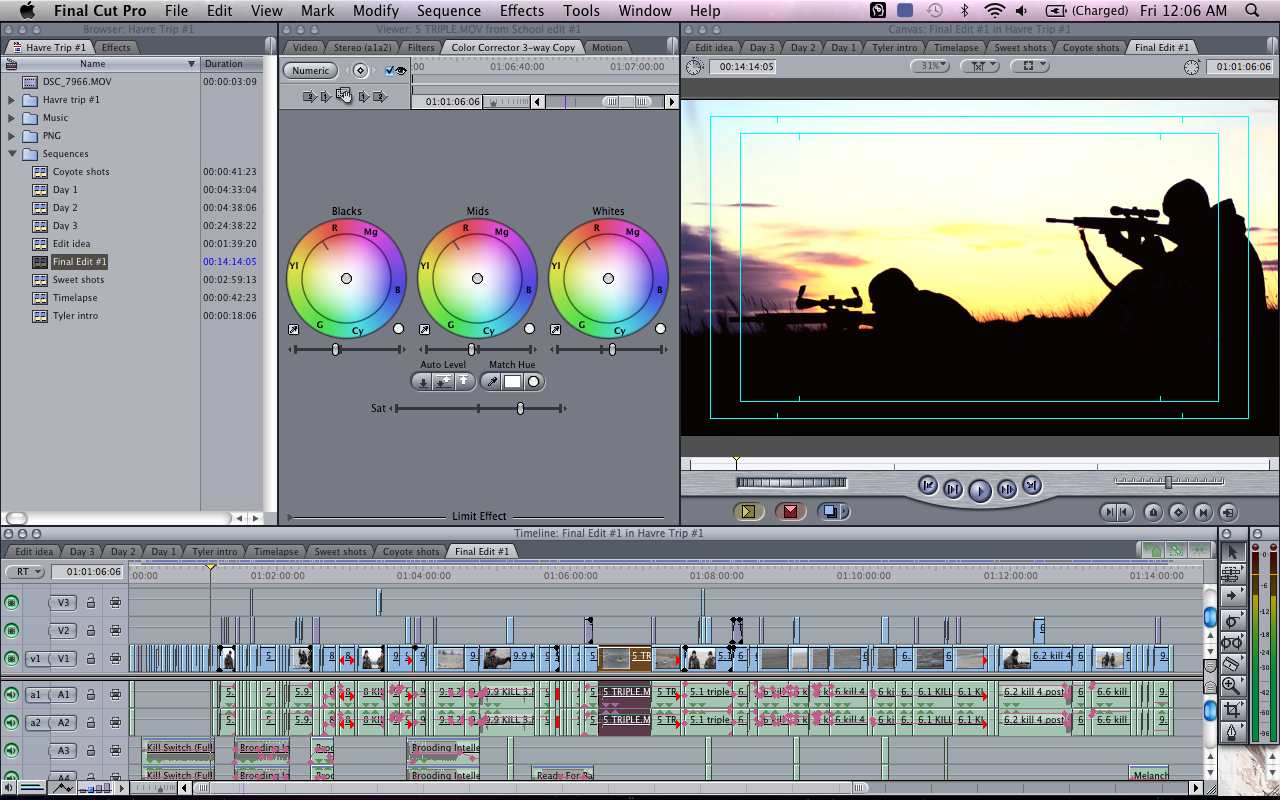by Mayumi-H | Aug 11, 2012 | Persona 4 Fan Fiction, Process
I follow a lot of people on Twitter. Most of them, I follow for fun: they’re insightful, amusing, friendly folk. But some are on my “understanding the business of writing” list: agents, editors, writers, publishers. Some of these people offer the same insightful, amusing, friendly 140-character glimpses into their daily lives that the others do. But, lately, I’ve seen a trend of negativity in this latter crowd that makes me wonder if I’m right for this want-to-be-published storytelling game.
One person offered up a tweet that was basically, “Don’t send me your manuscript if…” Another said, “Don’t expect me to read your book if…” A third mentioned, “Don’t even think of querying me if…”
Many of these “don’ts” are valid, valuable points to know and understand…but I’ve gotten a bit fed up with seeing so many “don’ts” all over the place. As someone who’s chosen an art (storytelling) for a personal outlet, I’ve had to deal with a lot of naysaying and doubts already, and it does very little for one’s sense of self-worth to be told “Don’t” all the time.
So, I’ve decided to share in this space my list of “dos.” Hopefully, at least one of these will help you get through your slower days.
- Do be engaged with your own story. Love it, to help it grow beyond those scratchings of loose plot outlines and vague character sketches.
- Do respect your readers’ intelligence. The good ones want and deserve a story worth the time of picking up and reading.
- Do finish your story, even if that first ending isn’t all you’d hoped and dreamed. Qualification and strength of your story will come from revision, but you can only get to the point of revision if you manage to finish the story first.
- Do try your best. You will be more proud and pleased with your story if you know you’ve given it your all. Other people will see it, too!
- Do listen to critique. You won’t be able to please everyone, of course, but any well-thought critique is worth considering.
- Do remember that this is your story. Write it for you, first. If your goal is publishing and making millions, you may have to revise parts (or all) of it…but it should always remain your story at its core.
And, most importantly:
![Surfer_girl_(2_of_2) By Thomas Tolkien (Flickr: Surfer girl (2 of 2)) [CC-BY-2.0 (http://creativecommons.org/licenses/by/2.0)], via Wikimedia Commons](https://mayumi.amorphous.press/wp-content/uploads/sites/4/2012/08/256px-surfer_girl_2_of_2.jpg)
I had to link to this in honor of my surf mentor, Fiona. 🙂
Photo by Tom Tolkien.
by Mayumi-H | Aug 4, 2012 | Process
While listening to the radio the other day, “Radar Love” by Golden Earring came on. Now, this is admittedly a very fun driving song, but it’s not driving soundtracks I’m discussing in this post.
[youtube http://www.youtube.com/watch?v=Hw9CzSSk218?rel=0&w=420&h=315]
One of the oft-repeated lines in the song is “We’ve got a thing that’s called radar love.” What are the hidden messages in that lyric? It’s not important. What’s important is that Golden Earring has chosen to describe love as a “thing.”
Thing?
The term “thing” is, by definition, an object unable to be described (at least with ease). In a fun driving song, the meaning probably doesn’t matter. But, in a story – short story, novel, poem – a writer should be able to avoid using the word “thing” as a description.
Admittedly, I can go overboard with my descriptions (succinctness is something I need to work on). But, if you can’t describe an object – if, say, it’s wholly foreign or unfamiliar to the narrator – then at least liken it to a similar object, to give the reader an idea of what they’re supposed to be seeing or experiencing. Saying “thing” doesn’t even give your poor reader a clue!
…Unless, of course, you’re talking about The Thing. Because that Thing…no words can describe.

So, what about you? What are your description pet peeves?
by Mayumi-H | Jul 30, 2012 | Excerpts, Fearless, Process
A friend of mine asked to read my latest project, which happens to be Fearless. I don’t usually share my work with people I trust so early in the game, but I offered him the first two (draft) chapters, mostly just to shut him up.
It didn’t.
What I got back was an earful. He made some good points, but this had to be my favorite critique: The best friend is more likable than the hero. To quote: “Your hero’s a jerk.”
That one actually made me grin. Because yes, he is. But, that’s a big part of the story.
One of the things I love about my main characters is that they’re flawed. Some more than others, of course, but I try to help them all grow. That’s the beautiful thing about heroes and heroines. They’re like you and me (sometimes scarily so), but, over the course of the story, they push themselves to be better people. They don’t always get what they want, but they’re stronger men and women for the effort.
Which is why it’s so much fun to write them as jerks in the beginning:
Ross felt a grin creep to his face. Then he raised his free arm and called out, “Mornin’, Beth!”
Neville clicked his tongue, muttering, “Grow up.”
Ross ignored him, swinging his board up as he approached both fruit and filly. He bent his head, offering the Crispins’ youngest daughter a leering smile. “You look as scrumptious as those apples!” he told her.
Beth laughed and blushed bright red under her kerchief. “Thank you,” she said, her voice mostly squeal.
It took some effort for Ross to keep his smile in place; hopefully, that voice would one day mature as nicely as her tits had already done. Still, he wasn’t interested in her, just the apples, so he offered her a charming flare of his nostrils and asked, “Think you could let us have a taste?”
What do you like best about your main character(s)? Are they the ones who grow over the story, or do they spur the growth in others?
by Mayumi-H | Jul 7, 2012 | Process
I recently had a reader get in touch with me, about one of my older stories. This person told me the site was removing some stories, and I should back mine up to another source, if I hadn’t done so already. I know the intent was conscientious and concerned…but I was a little offended by that, at first.
I haven’t come so far as a writer, not to know to back my s–t up! That was one of the earliest (hard) lessons I ever learned: losing a story I’d been working on because I had only one copy, and that copy was gone forever when the binder in which it resided was stolen. (Actually, my whole bag was stolen, along with a $125 textbook…but it was the loss of that story I mourned the most.)
Since that time, I’ve always kept backups of my work. In fact, these days, I keep two, three, sometimes even four working backups!
I work mostly on computer (when I do work in longhand, I transcribe during my downtime). I’ve got two of them: one that sits at my writing place at home, and one that’s used mostly for my day job, but that I write with during my commute. Every morning, the working draft (and scrap documents) get uploaded to my server from my home machine. Those are downloaded to my work machine, for the work day. When I’m about to leave work, I upload the latest documents to the server again; if I work on the story during the commute home, the documents simply get uploaded again. Then, once I’m home, I download those documents to my home computer, where I’ll work some more. In between this schedule, I backup all of my documents – both the working ones and the support ones (research, interviews, character sketches, floorplans, clothes pictures, et alia) – to my flash drive about every week or two. And, if that’s not enough, I do regular backups of several of my folders to another large portable hard drive that sits on my desk.
I can’t 100% guarantee I’ll always be able to have the latest version of my ms at my fingertips…but I won’t risk losing days’ or weeks’ or even months’ worth of progress. Not on something so important to me.
What is your backup routine? (And don’t dare tell me you don’t have one! Backups are cheap!)
by Mayumi-H | Jun 30, 2012 | Fearless, Process
Perhaps that title is a bit misleading….
I recently started preliminary planning for a documentary project, and, as I did, I got to thinking about why I like to do what I like to do when it comes to video production. I’ve spent a good portion of my professional (job) life working with video, and much of that has to do with production. But, while I once fancied myself an actor, I’ve come to enjoy being behind the scenes more than being in front of a camera. Video production involves many steps, and many skills, but the one which I favor most doesn’t happen in production, at all. It happens in post-production: editing.

This is kind of my life.
I’ve edited lots of projects in my time: some small, some not. What I think I love most about that process, though, is that I get to be the one telling the story.
If you think about it, the editor has final input into how the story – especially one in video – plays out. We control the angles, the cuts, the music – all of the details, conscious and subliminal. And that controls how the audience views the characters, the conflict, and the outcome. A simple focus frame on a character’s face (whether they’re speaking or not) can give completely different meaning to a scene. That guy doing the intro for “The Outer Limits” was not kidding; we (editors, that is) control everything.
[youtube http://www.youtube.com/watch?v=8CtjhWhw2I8?rel=0&w=420&h=315]
It’s the same in writing, too, I think. The editor – whether that’s you doing your first edit or your professional editor doing the final one – controls what the reader sees, how they view the story. The editor doesn’t actively write any of the words of the story, though. Not in my experience, anyway. They help tell the story without writing the words, guiding the writer’s hand and vision with cuts, suggestions, and insight.
We video editors do the same thing. We’re given rough footage, where plot, point, characterization can go one of any number of ways. And, when we’re finished, assuming we’ve done our job right and well, the audience gets a story. Hopefully a good one. But marked by our hands, no matter that.
I’m excited to work with an editor for my first real novel. I’m scared, too; I’ve never put such a huge work – such a gigantic chunk of myself – out there for someone else to tear down. But I want to build a better story than I could do alone. I just hope I get an editor who’s as careful and conscientious as I try to be.
Have you worked with a professional editor before? Was it a good fit, or a not-so-good one? What did you learn from that process?
![Surfer_girl_(2_of_2) By Thomas Tolkien (Flickr: Surfer girl (2 of 2)) [CC-BY-2.0 (http://creativecommons.org/licenses/by/2.0)], via Wikimedia Commons](https://mayumi.amorphous.press/wp-content/uploads/sites/4/2012/08/256px-surfer_girl_2_of_2.jpg)


![Brocken Inaglory [CC-BY-SA-3.0 (http://creativecommons.org/licenses/by-sa/3.0) or GFDL (http://www.gnu.org/copyleft/fdl.html)], via Wikimedia Commons](http://upload.wikimedia.org/wikipedia/commons/thumb/8/86/Falling_surfer.jpg/256px-Falling_surfer.jpg)

Recent Comments